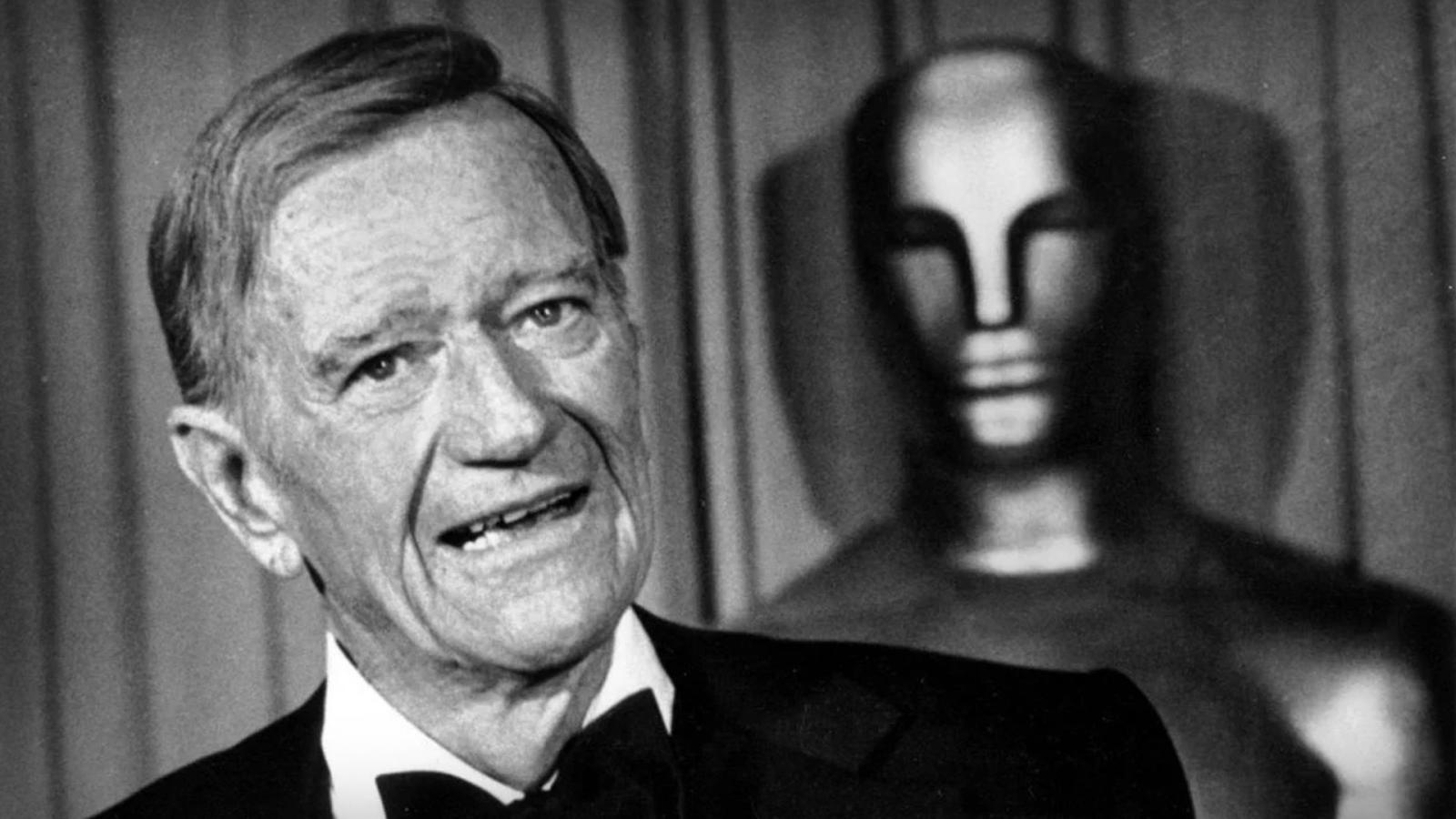John Wayne's Final Days Were Worse Than Anyone Knew — Here's How He Died

John Wayne — Hollywood legend, Oscar winner, and the embodiment of American masculinity for an entire generation — died on June 11, 1979, at 5:23 PM in Los Angeles. He was 72.
The official cause was complications from cancer, but what he endured in the final stretch was far more brutal than most fans ever realized.
Wayne had been hospitalized since May 2 at UCLA Medical Center following his second cancer operation of the year. Doctors had to partially remove his lower intestine. But that was only part of it. Earlier that same year, what began as a "routine gall bladder surgery" quickly turned grim:
- January 10, 1979: Wayne was admitted to the hospital
- January 12: Surgeons discovered a cancerous tumor during surgery and removed his entire stomach in a 9½-hour operation
This was his second major battle with cancer. Back in 1964, he had already lost a lung and several ribs to a malignant tumor, only to return to work within months. He beat the odds once. The second time, he didn't.

Despite declining health, Wayne made a surprise appearance at the Academy Awards in April 1979, just two months before his death.
Visibly gaunt but unmistakably still "the Duke," he received a long, emotional standing ovation while presenting the Oscar for Best Picture. It was his last time on a public stage.
Throughout his 50-year career, John Wayne appeared in over 200 films — most of them Westerns. He didn't invent the genre, but by the 1960s, it was impossible to separate "Western" from "Wayne." His key career highlights included:
- 1939: Breakout role in Stagecoach
- 1948–1952: Starred in classics like Red River, Fort Apache, and The Quiet Man
- 1960: Personally financed and directed The Alamo, investing $1.2 million of his own money
- 1969: Won the Academy Award for Best Actor for True Grit
- 1976: Delivered a haunting final performance in The Shootist, playing a gunslinger dying of cancer
At his peak, Wayne was earning up to $666,000 per film, with a combined box office take of $350 million across 161 films by the early '60s. But his reach wasn't just commercial — he became a deeply polarizing political figure, famously backing Nixon, Goldwater, and Reagan, while drawing criticism for his far-right views and incendiary remarks about race and communism.
In 1979, shortly before his death, Congress awarded him a special medal recognizing him as a national icon — the same kind given to the Wright Brothers.
He was survived by his third wife, Pilar Palette, seven children, more than 15 grandchildren, and a legacy that remains both revered and hotly debated.